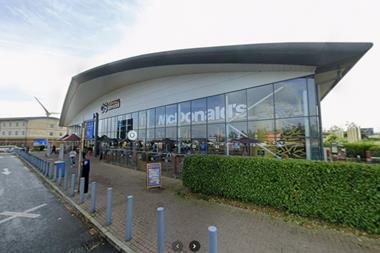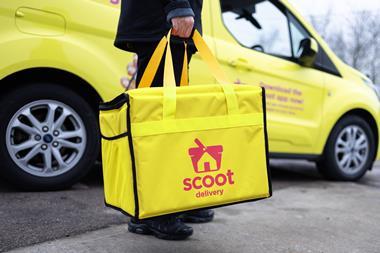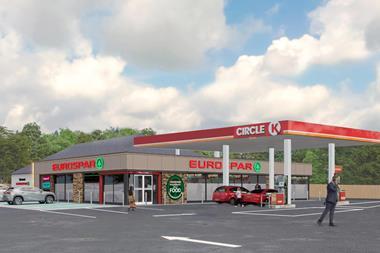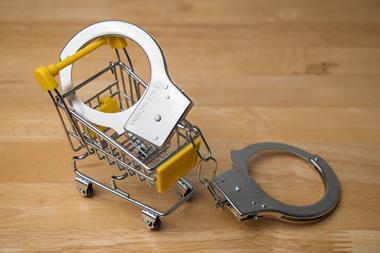The Association of Convenience Stores (ACS) has responded to Secretary of State for Environment, Food and Rural Affairs Michael Gove’s announcement of a new call for evidence on bottle deposit return schemes, urging the Government to consider the negative impact that such schemes would have on the convenience sector.
The call for evidence follows the Government’s Litter Strategy for England, which was published in April, establishing the Voluntary and Economic Incentives Working Group to “consider the advantages and disadvantages of different types of deposit and reward and return schemes for drinks containers”.
ACS chief executive James Lowman said: “We welcome the Government’s attention on tackling litter, but have concerns about any measures that would have a negative impact on retailers while being unproven as a way of increasing recycling rates in the UK.
“Introducing a deposit return scheme would have a significant impact on the convenience sector, costing stores money, reducing the amount of space in stores and causing delays at the till for those who would have to manage the scheme manually.
“Deposit return schemes are also not a popular measure with the public, who would prefer to use the existing kerbside collection network to recycle more.”
The scope of the call for evidence has been defined by DEFRA as looking at the impact of “rigid and flexible plastic, glass or metal drinks containers that are sold sealed, and used for the sale of alcoholic or non-alcoholic beverages, often for consumption on-the-go”. The group is due to provide advice on how to proceed from a policy perspective by the end of 2017.
During his speech to the Conservative Party conference, Gove said: “We are looking to go further to reduce plastic waste by working with industry to see how we could introduce a deposit return scheme for plastic bottles. Our oceans are our planet’s greatest natural resource and this Government is determined to ensure we restore them to health for the next generation.”

































No comments yet